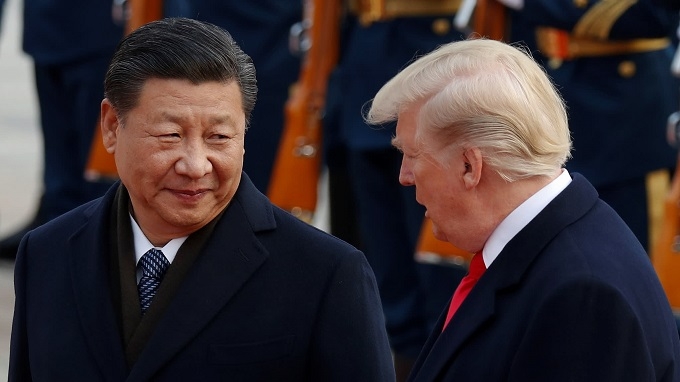


|
|
|
|
The host country Argentina has proposed three priorities for
this year’s G20 Summit, including the future of employment, infrastructure
development and food security. However, the issue of global trade and
tensions between powers is likely to dominate the agenda of the conference,
driving the public to pay more attention to bilateral meetings on the
sidelines of the summit. UN Secretary-General António Guterres said that the
meeting of the G20 leaders takes place as the world is facing numerous
challenges, with the crisis of trust decline and inequality getting more
serious, escalating trade conflicts, and increased geopolitical tensions in
many parts of the world.
Trade disputes between the world’s two largest economies, the US
and China, are predicted to be one of the "hot topics” that cover the G20
Summit. Currently, the international public closely monitors the possible
occurrence of a meeting between US President Donald Trump and Chinese
President Xi Jinping. If the scenario comes true, this will be the first
bilateral meeting between the two countries’ senior leaders since the
outbreak of bilateral trade conflicts, which have seriously affected global
trade and growth.
Tensions in US-China trade relations have escalated over recent
times and there has been no sign of concessions from both sides. The US and
Chinese officials have spent weeks preparing for a meeting between the two
leaders on the sidelines of the G20 Summit. Ahead of the conference, Chinese
Ambassador to the US Cui Tiankai said that Beijing does not want a trade war
with Washington, and that a balanced approach from both sides is a motivation
and a basis for dialogue and negotiation. Meanwhile, according to White House
economic adviser Larry Kudlow, President Trump has left open a trade deal
with China but has been prepared to raise tariffs on Chinese goods in case no
breakthrough is reached after the meeting in Buenos Aires.
Meanwhile, the International Monetary Fund (IMF) continues to
warn that the magnitude of impacts from increased trade tensions on global
growth is far more serious than in previously raised concerns. IMF Managing
Director Christine Lagarde even portrayed trade tensions as a "poisonous
breeze” for global growth, and the rise of trade barriers is an act of
"suicide” for all parties concerned.
Earlier, at the Spring Meetings of the Boards of Governors of
the IMF and the WB Group in Argentina last April, representatives of the G20
countries acknowledged trade disputes as a threat to global economic growth,
but still failed to work out concrete measures to address the concern. As a
result, the parties could not issue a joint statement. At the G7 Summit in
Canada two months later, the US opposed the conference’s joint statement due
to disagreements over trade policies. Most recently, in mid-November, for the
first time in its 25-year history, member economies of the Asia-Pacific
Economic Cooperation (APEC) forum could not make a joint statement during a
meeting in Papua New Guinea, also because of the causes related to trade conflict.
At their first meeting in the US in 2008, the G20 leaders faced
the world’s worst financial crisis in more than 70 years. Ten years later, at
the G20 Summit 2018, experts have warned of unpredictable consequences if the
trade war breaks out. Some even recalled the "grand downturn” related to the
tariff war among industrialised nations in the 1930s, which caused the
collapse of global trade and created tensions in the years before the Second
World War.
It is undeniable that trade disputes are creating enormous
challenges for global economic growth. Therefore, under the theme "Building
Consensus for Equitable and Sustainable Development”, the 2018 G20 Summit in
Buenos Aires is expected by the international community to create
breakthroughs, helping to resolve disagreements among countries and
facilitate the flow of free and multilateral trade.
|